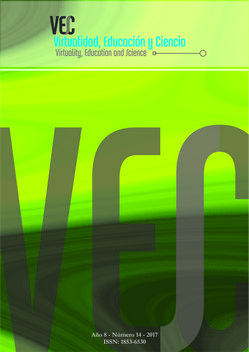Enrich feedback to consolidate learning
DOI:
https://doi.org/10.60020/1853-6530.v8.n14.17328Keywords:
formative feedback, learning, self-regulation, higher education, virtual scenariosAbstract
This article seeks to contribute to the understanding of feedback as a complex process involving multiple dimensions. It retrieves the feedback model of Hattie and Tymperley, the self-regulation model of Nicol and Macfarlane and synthesizes modalities according to which the concept of feedback has been understood. A conceptual analysis of the relationships between feedback and impact on learning and outcomes, linkages with assessment, correspondence with the gap between the current and the expected performance and linkage with self-regulated learning is provided. It details processes that can help students take control over their own learning, identifying qualities and circumstances that make feedback effective. It outlines principles that can guide teaching practices that incorporate feedback processes, with references to virtual scenarios of higher education. Final reflections are supported by research and are useful for assisting teacher work with feedback.Downloads
Published
2017-06-26
Issue
Section
Theoretical Basis and Research
License
The generation of derivative works is allowed as long as it is not done for commercial purposes. The original work may not be used for commercial purposes.
How to Cite
Enrich feedback to consolidate learning. (2017). Virtuality, Education and Science, 8(14), 9-26. https://doi.org/10.60020/1853-6530.v8.n14.17328


